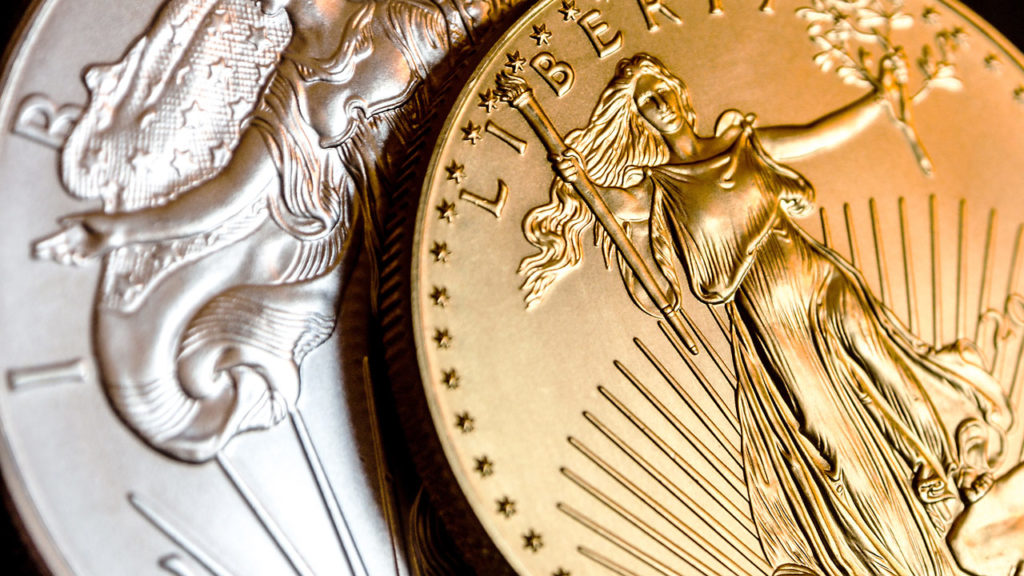by Peter Schiff, Schiff Gold:

The US dollar is on shaky ground. There is a growing trend toward de-dollarization. Meanwhile, the Federal Reserve is tinkering with the idea of a digital dollar that could give the government unprecedented control over your spending.
Given the trajectory of the dollar, it might be a good idea to find some alternatives. In other words, we need currency competition.
Fortunately, there are options.
TRUTH LIVES on at https://sgtreport.tv/
Gold and silver have served as money for thousands of years. Digital platforms make it easier than ever to transact business using either metal. This opens the door to creating an environment of currency competition, and the states are in a position to lead the way.
For instance, a bill introduced in Texas this year would have created a state-issued gold-backed digital currency. The bill didn’t advance, but it started the discussion and opened the door for future action.
As Allain L. de la Motte argues, “While the dollar won’t be displaced overnight, fostering a competitive environment where it needs to compete with sound money backed by gold is the best option for all 50 states.”
The following article was originally published by the Mises Wire. The opinions expressed are the author’s and do not necessarily reflect those of Peter Schiff or SchiffGold.
The US dollar has been the world reserve currency since 1944. At the Bretton Woods Conference, the dollar was pegged to gold and every other currency was pegged to the dollar. The fixed exchange rate system that emerged provided a stable environment for international trade and investment, as all countries had a currency value that was, directly or indirectly, tied to a fixed gold price.
The system began to unravel in the 1970s due to economic challenges faced by the United States, including the need to finance its war in Vietnam while simultaneously dealing with French president Charles de Gaulle’s demands that the US return France’s gold. His discontent may have been prophetic, foretelling a similar future sentiment. He said,
US imperialism leaves no field unoccupied. It takes every form, but the dollar is the most insidious. We pay the US to purchase us. So each time we have dollars, we will convert them into gold. Everyone should do the same. . . . Political pressures will no longer be used to manipulate money.
In August 1971, President Richard Nixon suspended the convertibility of the dollar into gold, effectively ending the gold standard and transforming the dollar into a total fiat currency. The value of fiat money is solely based on the faith and trust one has in its government. Interestingly, since 1913, the dollar has lost more than 97 percent of its purchasing power due to inflation.
Why Is the Dollar Still the Reserve Currency of the World?
Despite being a fiat currency, the dollar has managed to retain its privileges due to its extensive usage in international trade and financial markets and its association with one of the world’s largest economies. One of the primary drivers to attaining the status of the world’s reserve currency is the petrodollar, which refers to the role of the dollar as the primary currency used for international oil trade.
In the 1970s, following the oil crisis and the subsequent agreement between the Organization of Petroleum Exporting Countries and major oil-producing nations, oil was priced and traded in dollars, which meant that people purchasing oil had to use the dollar, creating a high demand for it.
The petrodollar system brought significant benefits to the United States. As global demand for its currency increased, this system allowed the US to maintain its economic influence and control over the international financial system. It also helped stabilize the dollar and supported its status as a global reserve currency.



